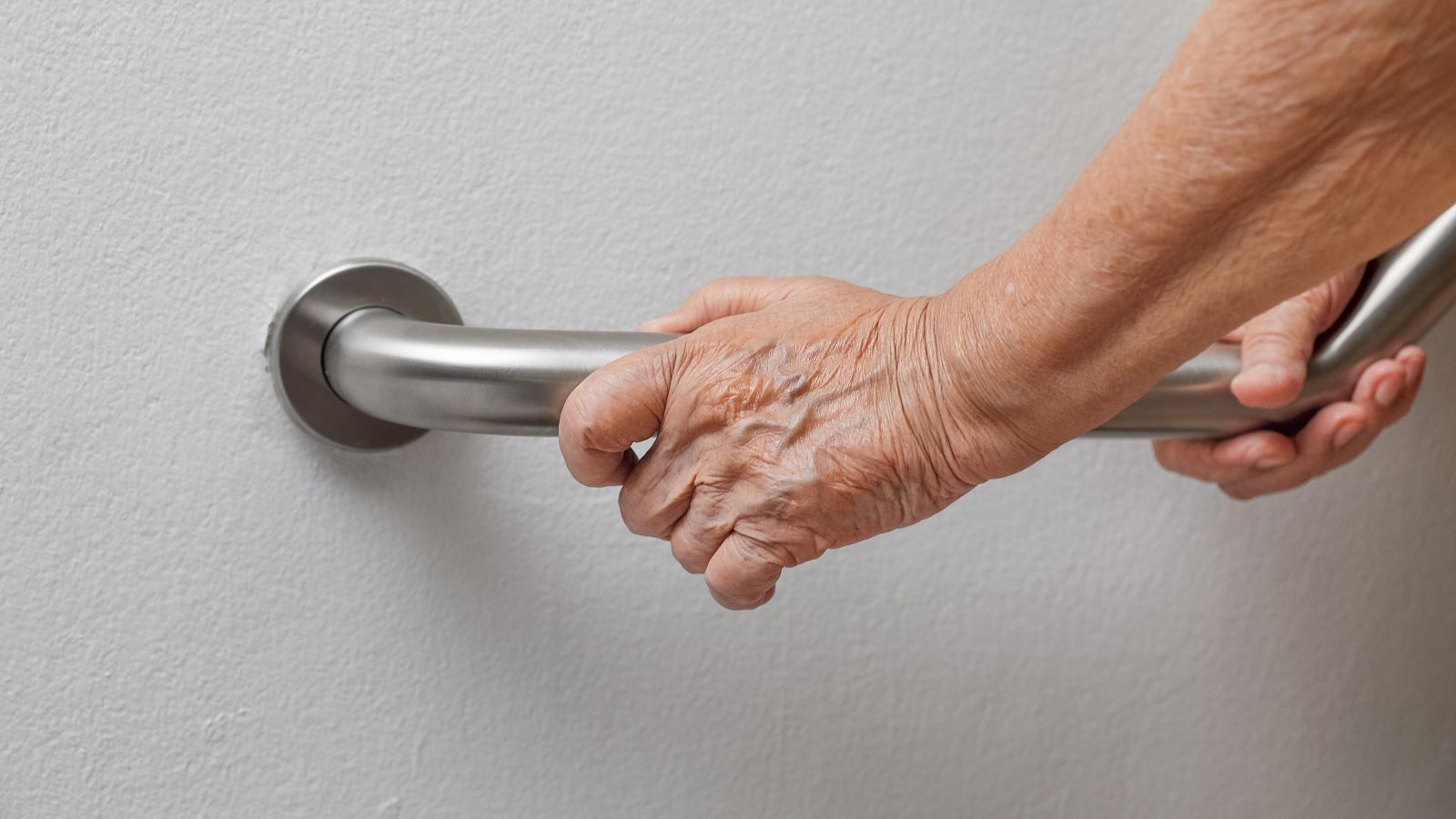<< Back
How to Prepare Your Home After a Hospital Stay

October 04, 2023
Hospital stays often seem to last forever, but discharge can often come quicker than you think. And it often leaves people scrambling to prepare for their loved one’s return home.
“Not only do you have to worry about the essentials like bathing, dressing and toileting, being back in the home environment also opens up questions about cleaning, cooking, cleaning and doing laundry safely,” says Emily Patrei, an occupational therapist for Hartford HealthCare at Home.
So what do you need to do to prepare? Here are four steps you can take when you or a family member is getting ready to come home.
Run through this check list when assessing capabilities.
Families have to consider what their loved one limitations and capabilities when preparing to move them home. This includes:
- Mobility
- Cognition
- Vision
- Endurance
- Balance
> Related: 5 Fun Exercises for Seniors
4 tips for preparing your home
Here are four quick ways you can get your home ready:
- Clear paths. Main areas need to be cleared of clutter and throw rugs, and flooring should be secured.
- Check bathroom dimensions. When assessing your bathrooms, ask yourself these questions: Can a walker fit through the doorway? How about a wheelchair? Is there enough space to turn around? Is the sink too high?
- Add grab bars. This is an easy way to modify a bathroom, stairs and kitchen. Grab bars are useful anywhere someone may need to go from standing to sitting.
- Lean on temporary modifications. Additions like a raised toilet seat, bedside commodes or shower chair are relatively inexpensive, easy to set up and can go a long way toward making a home safer and more accessible. The best part is that once they’re no longer needed, you easily fold these items up and store them away.
When in doubt, check with an expert.
If you’re overwhelmed – fear not, there are experts who can help you understand how to adapt the home to accommodate a person’s needs.
In the discharge planning phase, Patrei suggests using the social workers in the skilled nursing or hospital setting for help.
“Ask them questions, read the physical therapy notes, get clarification on things you don’t understand,” she says, adding that it’s important to remember that your loved one is transferring back home because the experts believe they are ready.
And don’t be afraid to look for home care if needed – these professionals offer many services including nursing, physical therapy, occupational therapy, and social work support.